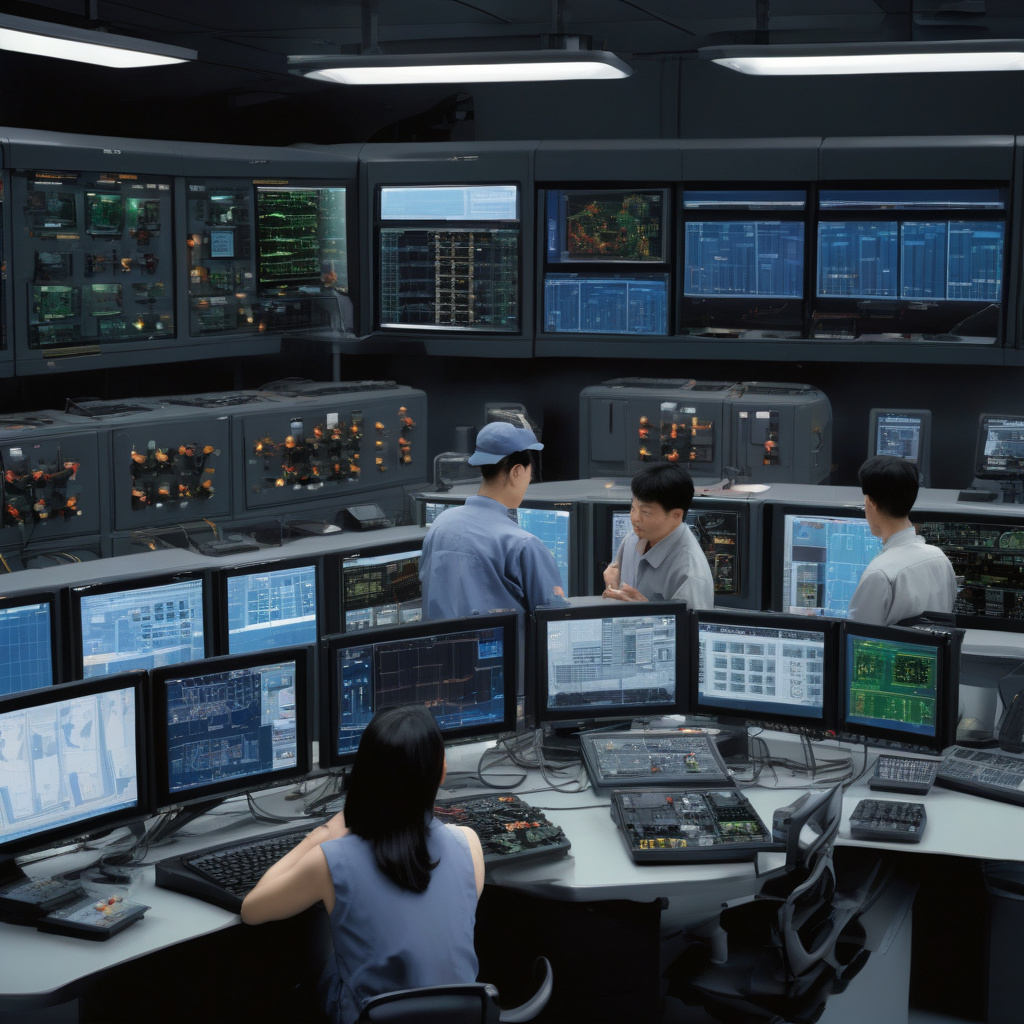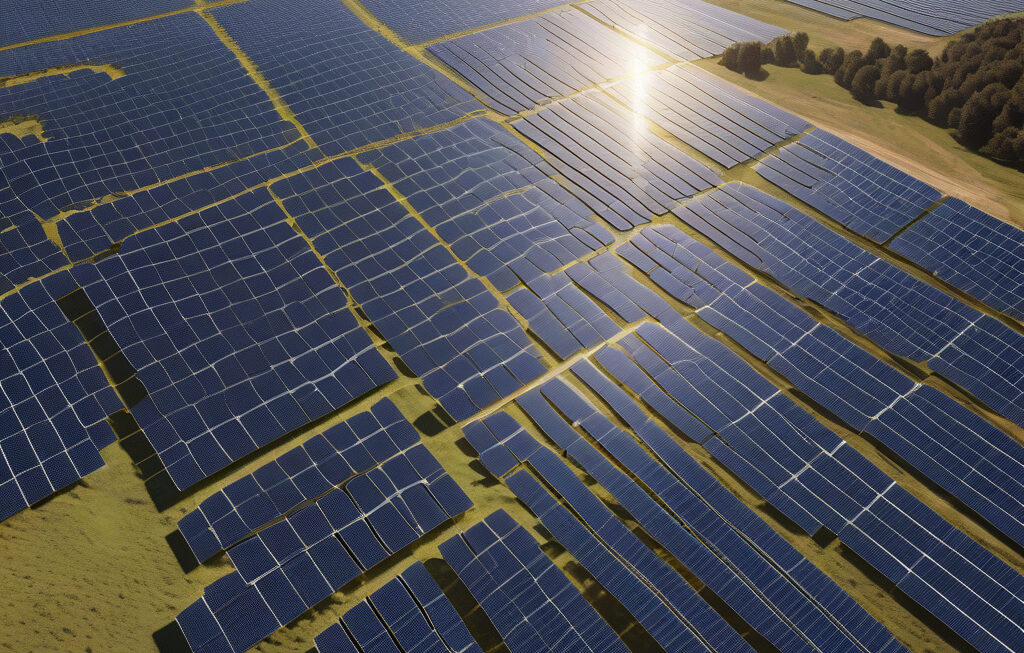Rogue Hardware in Chinese Inverters Could Trigger Worst Blackout Threat to Date
U.S. energy officials are reportedly reassessing the security risks posed by Chinese-made components in renewable energy infrastructure. The focus has shifted to inverters, a crucial part of solar power systems, with concerns that these devices could contain malicious hardware capable of triggering a catastrophic blackout.
In recent years, the United States has made significant investments in renewable energy sources, particularly solar power. However, the reliance on Chinese-manufactured inverters has raised alarms within the energy sector. The fear is that these inverters could be embedded with rogue hardware designed to disrupt the grid at a moment’s notice.
The potential consequences of such an attack are staggering. A widespread blackout, especially in key regions of the country, could result in billions of dollars in damages, not to mention the potential loss of life. The stability of the entire energy grid is at stake if these concerns are not addressed promptly and effectively.
While the exact extent of the threat is still being assessed, experts agree that the risk is significant. The interconnected nature of the energy grid means that a targeted attack on inverters could have far-reaching effects, impacting not only the energy sector but also critical infrastructure, communications, and transportation systems.
To mitigate this risk, U.S. energy officials are exploring various strategies. One approach is to reduce dependence on Chinese-made inverters by incentivizing domestic production or sourcing from trusted allies. Additionally, enhanced testing protocols and supply chain transparency are being considered to ensure the integrity of components used in renewable energy systems.
The urgency of addressing this issue cannot be overstated. As the transition to renewable energy accelerates, the vulnerabilities in the supply chain must be identified and remedied to safeguard the resilience of the energy grid. Failure to act decisively could leave the country exposed to a blackout of unprecedented scale and duration.
In conclusion, the threat of rogue hardware in Chinese inverters poses a serious risk to the stability of the U.S. energy grid. By reevaluating supply chains, implementing rigorous testing procedures, and promoting domestic production, the country can bolster its defenses against potential attacks and ensure the uninterrupted flow of energy to homes, businesses, and critical infrastructure.
energy, security, inverters, blackout threat, renewable energy











